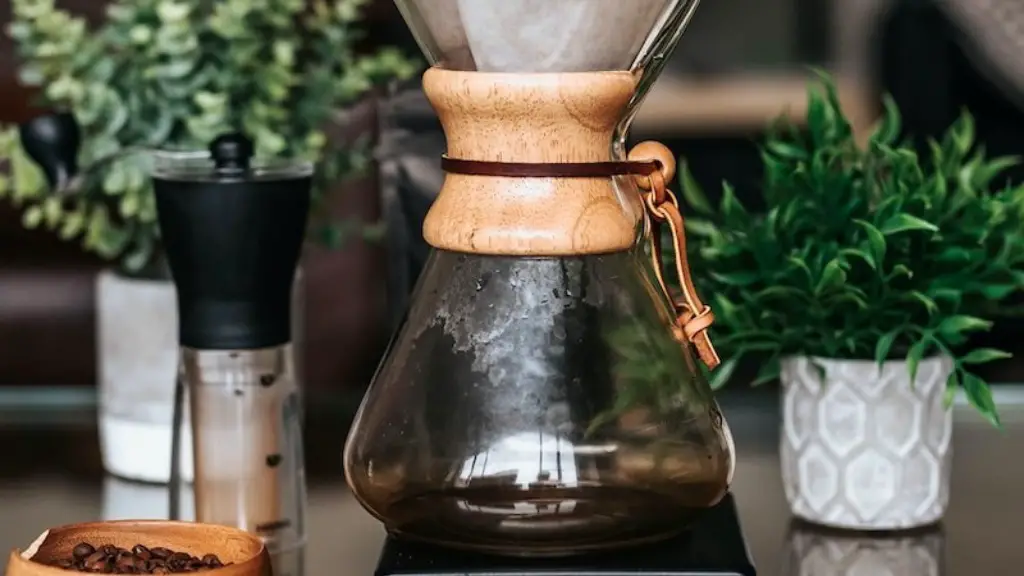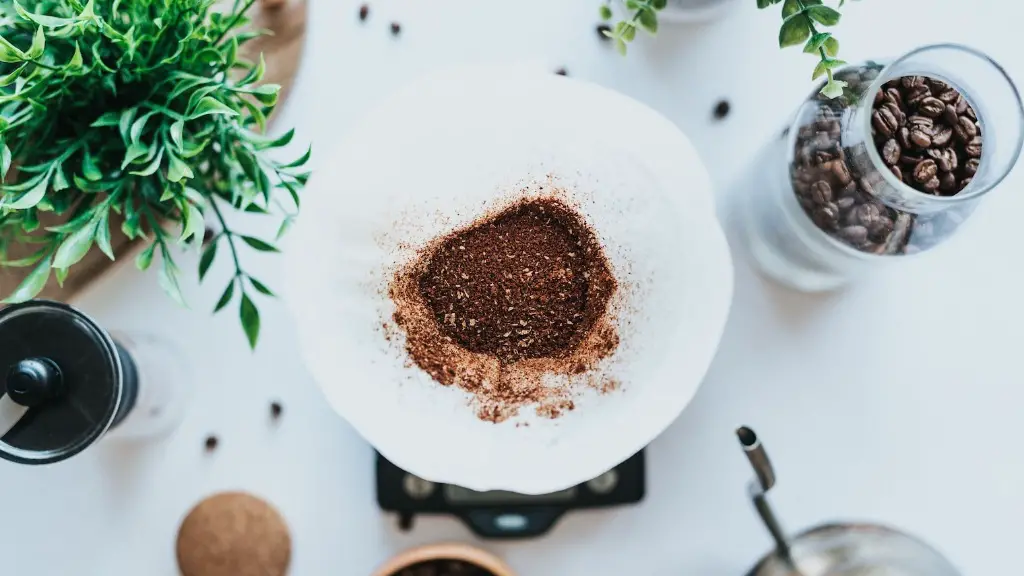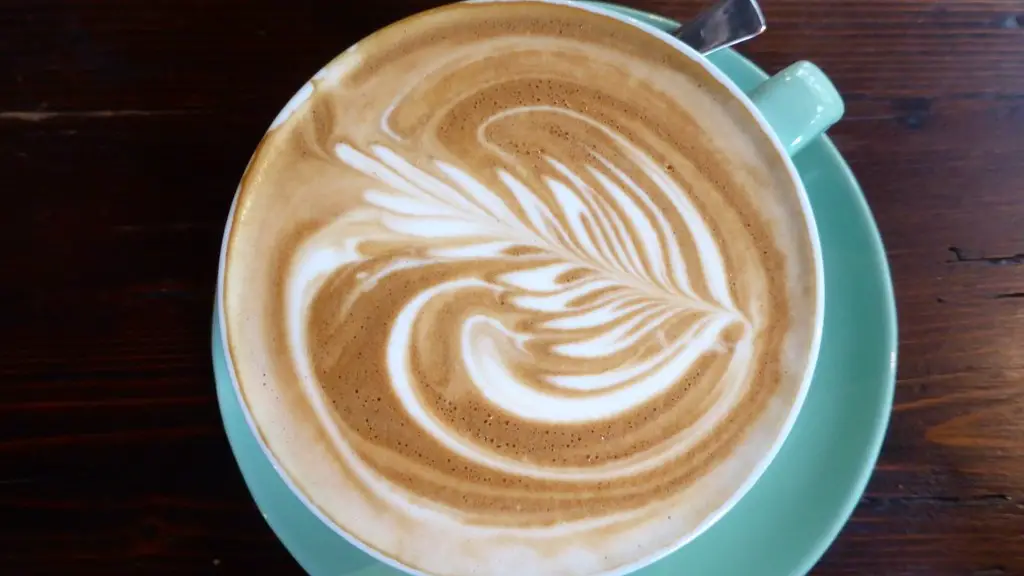Sleep Deprivation
The average adult needs 7 to 9 hours of sleep in order to remain alert and productive the next day. Drinking coffee late in the evening can affect the body’s natural rhythm and interfere with its natural cycles. Studies suggest that caffeine ingested before bedtime can disrupt the body’s normal sleep/wake cycle, increase alertness prematurely and shorten overall sleeping time. A 2017 study from the Sleep Medicine journal found that people who drank coffee immediately before bedtime had an average of six minutes of less sleep. Over time, the habit of drinking coffee late at night can reduce sleeping time by up to three hours.
Impaired Cognition
When individuals are deprived of sleep, their short-term memory and concentration abilities are impaired. Studies have found that people who drink coffee late at night had significantly lower processing speed, decreased working memory and alertness, as well as higher levels of fatigue and poorer performance on a variety of cognitive tasks. Drinking coffee late at night also reduces creativity, a crucial trait in this day and age. According to researchers from the University of South Carolina, caffeine can ‘reset’ the waking state multiple times during the night, which means the individual will never be able to achieve a state of deep sleep. Furthermore, those who get less than six hours of sleep on average find it difficult to stay focused for more than two hours.
Health Risks
Regularly drinking coffee late at night can contribute to high levels of stress and anxiety. Caffeine triggers the release of the stress hormone cortisol, which increases the heart rate and can lead to muscular tension, fatigue and nervousness. Additionally, caffeine disturbs the natural flow of serotonin and dopamine, two neurotransmitters responsible for lifting the mood. Caffeine can also cause gastrointestinal discomfort and upset stomach, as well as tension headaches. Finally, a 2017 study found that people who drank coffee late at night were twice as likely to experience insomnia.
Changes in Appetite
Studies have found that drinking coffee late at night can disturb the normal release of the hormone ghrelin, which then leads to a decrease in appetite. Additionally, caffeine can interfere with the body’s ability to absorb essential nutrients such as magnesium, zinc, and iron, leading to a decrease in appetite. Drinking coffee late at night can also lead to dehydration, which can lead to reduced appetite as well.
Insomnia
Insomnia is a sleep disorder characterized by difficulty falling and staying asleep. Studies have found that people who drink coffee late at night have a higher risk of developing insomnia. The caffeine in coffee can stimulate the nervous system making it harder to relax and fall asleep. Also, caffeine keeps the body in a state of alertness and reduces the amount of time spent in the deeper stages of sleep. This can lead to an increased need for sleep, fatigue, and irritability.
Weakened Immune System
Caffeine has been linked to a weakened immune system. Studies have found that when people consume more than 400mg of caffeine per day, their immune systems become weaker, making them more prone to illnesses. Additionally, studies have found that individuals who drink coffee late at night are more prone to getting sick due to increased stress and weakened immune systems.
Hormonal Imbalances
Caffeine can interfere with the production and release of hormones, resulting in hormonal imbalances. Studies have found that drinking coffee late at night can interfere with the release of melatonin, the hormone responsible for regulating the body’s sleep/wake cycle. Additionally, caffeine can create an imbalance in cortisol, the stress hormone. Too much cortisol can lead to increased levels of stress and anxiety.
Increased Anxiety and Stress
Studies have found that people who drink coffee late at night have higher levels of anxiety and stress. The caffeine in coffee can make it difficult to relax and fall asleep, leading to increased levels of stress and anxiety. Additionally, caffeine can trigger the release of cortisol, which can lead to even higher levels of stress.
Chance of Addiction
Drinking coffee late at night can lead to dependence on caffeine to stay alert and increase energy levels. Regularly drinking coffee late at night can create a tolerance for caffeine, requiring larger doses to achieve the desired alertness. This can lead to a reliance on coffee to feel good, which can eventually lead to addiction.
Long Term Health Issues
Drinking coffee late at night can be detrimental to longterm health. Those who regularly drink coffee late at night can be more prone to developing problems like insomnia, weakened immune systems, hormonal imbalances, increased stress and anxiety, and even caffeine addiction. Additionally, drinking coffee late at night can lead to long-term sleep deprivation, which has been linked to heart disease, stroke, depression, and other serious health issues.
Recommended Alternatives
Rather than drinking coffee late at night, experts recommend other ways to boost energy. Examples of caffeine-free alternatives include green tea, exercising, taking deep breaths, and eating complex carbohydrates. It’s also important to make sure to get enough sleep, as even just one night of sleep deprivation can lead to mood imbalance and decreased cognitive performance.
Meditation and Relaxation
Practicing relaxation techniques like yoga and meditation can help reduce stress and anxiety, making it easier to fall asleep. Additionally, stretching and deep breathing exercises can help relax the body and prepare it for sleeps. Listening to calming music and avoiding screens like phones, computers, and TVs can also help the body relax. Finally, it’s important to find time during the day to relax and unwind, as this can help improve sleep quality and enhance alertness the next day.
Creative Ideas
There are many creative ways to stay alert and productive without having to rely on coffee late at night. Going for walks, making lists, or taking a nap can all be effective ways to increase energy and focus. There are also plenty of healthy snacks that can give the body a quick burst of energy, including whole grains, fruits, nuts, and yogurt. Finally, individuals can try to get creative to find new ways to stay motivated and productive without relying on coffee alone.
Conclusion
Drinking coffee late at night can be detrimental to both physical and mental health. A lack of sleep can detrimentally impacts the body’s ability to stay alert and productive, as well as its ability to absorb nutrients and fight off illnesses. Additionally, drinking coffee late at night can interfere with the production of hormones, leading to mood imbalances and increased levels of stress and anxiety. The best way to stay alert and productive is to make sure to get enough rest and to avoid drinking coffee late at night. There are plenty of alternatives, such as exercising, taking deep breaths, and eating complex carbohydrates, that can help increase energy levels without having to rely on caffeine.



